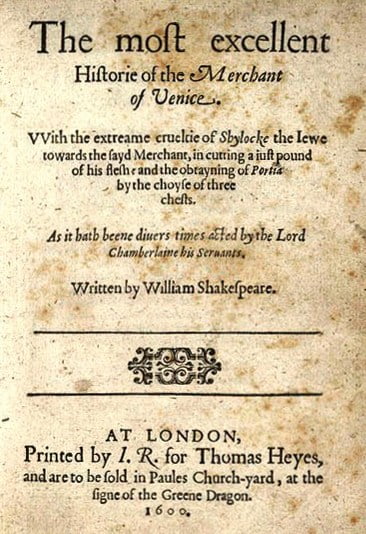Masuccio (Guardato) (Flourished latter half of 15th Century)
Masuccio was born at Salerno, of noble parentage. He was a resident at the Court of Naples, in the capacity of secretary, for the greater part of his life. His fifty tales, collected in a volume called the Novellino, are vivid pictures both of the peasants and lower burgher classes, and of the nobility. The Cavalier of Toledo is furnished with a contemporary background and reveals the writer`s skill in relating a romantic episode with skill and sympathy. Masuccio has the distinction of having written one of the earliest stories in the series that gave Shakespeare his Romeo and Juliet.
The present version is translated by Thomas Roscoe and reprinted from his Italian Novelists, London, no date. The story has no title in the original.
The Cavalier of Toledo
The last in my collection of those noble and virtuous actions which I have always been desirous of commemorating, is one related to me by a distinguished foreigner, which, as being strictly true, it is with equal pride and pleasure I proceed to detail. There resided some time ago in the famous city of Toledo a cavalier named Messer Piero Lopez d`Aiala, of high and ancient lineage, whose only son, a fine and spirited youth of the name of Aries, had the misfortune to engage in a. nocturnal brawl. Both parties, in one of which was the king`s particular favorite, drawing their swords, Messer Aries, engaging with the latter, passed his weapon through his body on the: spot.
On discovering the rank of his adversary, aware of the royal favor enjoyed by him, and dreading the indignation of his monarch, the youth resolved to take flight, and being furnished by his father with horses and attendants, he set out to try his fortunes in another land. And hearing of the sanguinary war then waging between the English and the French in the tern- tories of the latter, he resorted without delay to the scene of action, burning with the hope of signalizing himself during the campaign. Arriving in the French army, he had the good fortune to alight at the quarters of the Count d`Armagnac, captain-general of the king`s forces, and related to the royal house of France.
With his permission, the young Castilian employed the remains of his small resources in equipping himself for battle, in which he so greatly signalized himself, both by his courage and his conduct, as well in open field as in the siege, that he became at once admired and celebrated by his own party and dreaded by his adversaries. In the course of time he rose so high in the esteem of his commander, no less than of the French monarch, that he was entrusted and honored above any other favorites of the court, being in a little while promoted to the rank of campo-major, and acquitting himself in such a manner that he was consulted in almost every action.
Read More about Miss Tempy`s Watchers part 7








